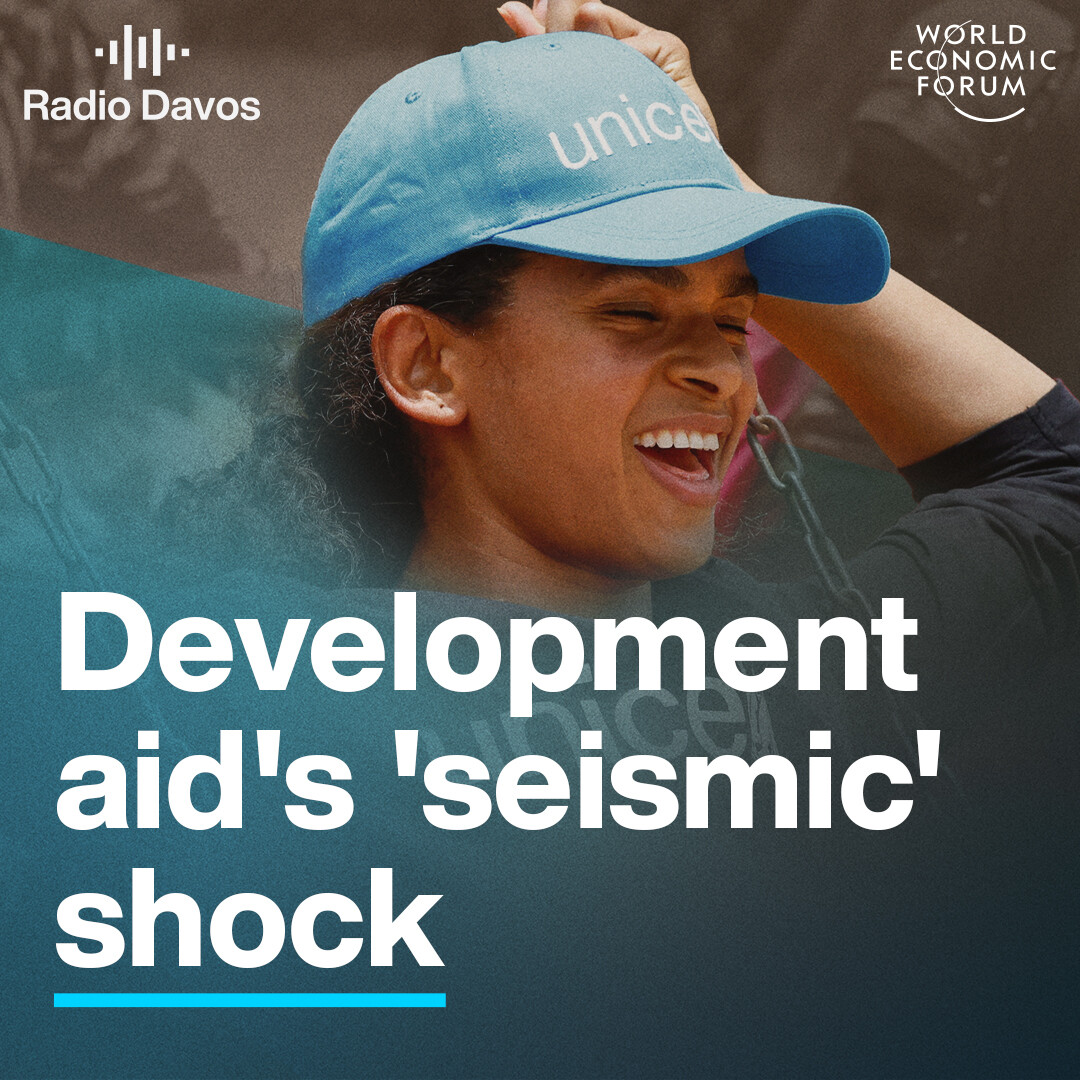How fixing broken food systems can help us meet all the SDGs

Around a third of the food produced for humans is lost or wasted - just one example of a broken food system Image: REUTERS/Ben Nelms
Martin Koehring
Managing Editor and Global Health Lead, Thought Leadership practice of The Economist Intelligence Unit (EIU)Global leaders have set themselves a series of ambitious goals and targets in the 2030 Agenda for Sustainable Development. Ending hunger by 2030 (SDG 2) or reducing premature mortality from non-communicable diseases by a third (SDG 3), for example, will be no mean feat. Faced with such a plethora of commitments, policy-makers should see fixing global food systems as a treasure trove of opportunity.
The food waste-hunger paradox
Food loss and waste, primarily in developed countries, stands in stark contrast to widespread undernourishment, mainly in developing countries. Around 821 million people, or one in every nine, went hungry in 2017. Meanwhile, around a third of the food produced for humans is lost or wasted — about 1.3 billion tonnes each year. If only a quarter of the food lost and wasted could be saved, it would feed 870 million people. This is but one example of broken food systems.
In order to meet SDG 2 (zero hunger) policy-makers must look at the economic, social and environmental dimensions of food systems and how they are interconnected. Food loss and waste is one of the three pillars of the Food Sustainability Index (FSI), developed by The Economist Intelligence Unit with the Barilla Center for Food & Nutrition. The other two are sustainable agriculture and nutritional challenges. The FSI shows that France is a global leader in limiting food loss and waste. This is, for example, thanks to legislation requiring supermarkets with a footprint of 400 square metres or larger to redistribute leftover food to charities serving poor communities.
Other examples of best practice in reducing food loss and waste identified in the report accompanying the latest FSI results include London-based Winnow’s smart meter technology that, when attached to waste bins, helps chefs to measure, monitor and reduce food waste.
Have you read?
But limiting food loss and waste is not only crucial for SDG 2. It is also an important factor in other SDGs, such as SDG 12 (responsible consumption and production) and it is closely associated with other parts of the FSI, notably sustainable agriculture. Agriculture accounts for around 70% of global water use and 30% of greenhouse-gas emissions. A growing world population, increasing urbanization and deteriorating natural resources means we have to do more with less, while reducing our carbon footprint. This means sustainable agricultural practices also play a major role in SDG 13 (climate action).
The FSI shows that global leaders in sustainable agriculture are Austria, Denmark and Israel. Best practices in sustainable agriculture identified in our study include the deep placement method used by millions of farmers in Bangladesh to reduce fertilizer use and increase yields.
The nutrition challenge
There are many more links between the need to fix food systems and meeting the SDGs. For example, addressing the coexistence of over-nutrition and malnutrition will be crucial to meeting SDG 3 (good health and wellbeing), as highlighted recently by José Graziano da Silva, Director-General of the Food and Agriculture Organisation of the UN.
About 151 million children aged under five are stunted, while approximately 38 million are overweight. Worldwide, obesity has tripled since 1975. The malnutrition/over-nutrition challenge can only be fixed if policy-makers revisit how food systems function. This is reflected in some of the best practices that address nutritional challenges, as identified in our study, including compulsory nutrition education within the national curriculum for primary schools, such as in Cote d’Ivoire. Leading countries in the FSI for the nutritional challenges category include Japan, South Korea and Denmark.
Best practices towards the SDGs
SDGs focusing on areas such as hunger, health and climate seem to be the obvious beneficiaries of a shift towards sustainable food systems. But there are important links between food systems and perhaps less obvious SDGs too, such as those on poverty (SDG 1), gender equality (SDG 5) and sustainable cities and communities (SDG 11).
This demonstrates once again that food is a common thread linking all 17 SDGs. The sooner policy-makers realize that reforming food systems will provide a powerful lever for sustainable development, the closer we will get to meeting the SDGs.
Don't miss any update on this topic
Create a free account and access your personalized content collection with our latest publications and analyses.
License and Republishing
World Economic Forum articles may be republished in accordance with the Creative Commons Attribution-NonCommercial-NoDerivatives 4.0 International Public License, and in accordance with our Terms of Use.
The views expressed in this article are those of the author alone and not the World Economic Forum.
Stay up to date:
Sustainable Development
Forum Stories newsletter
Bringing you weekly curated insights and analysis on the global issues that matter.








